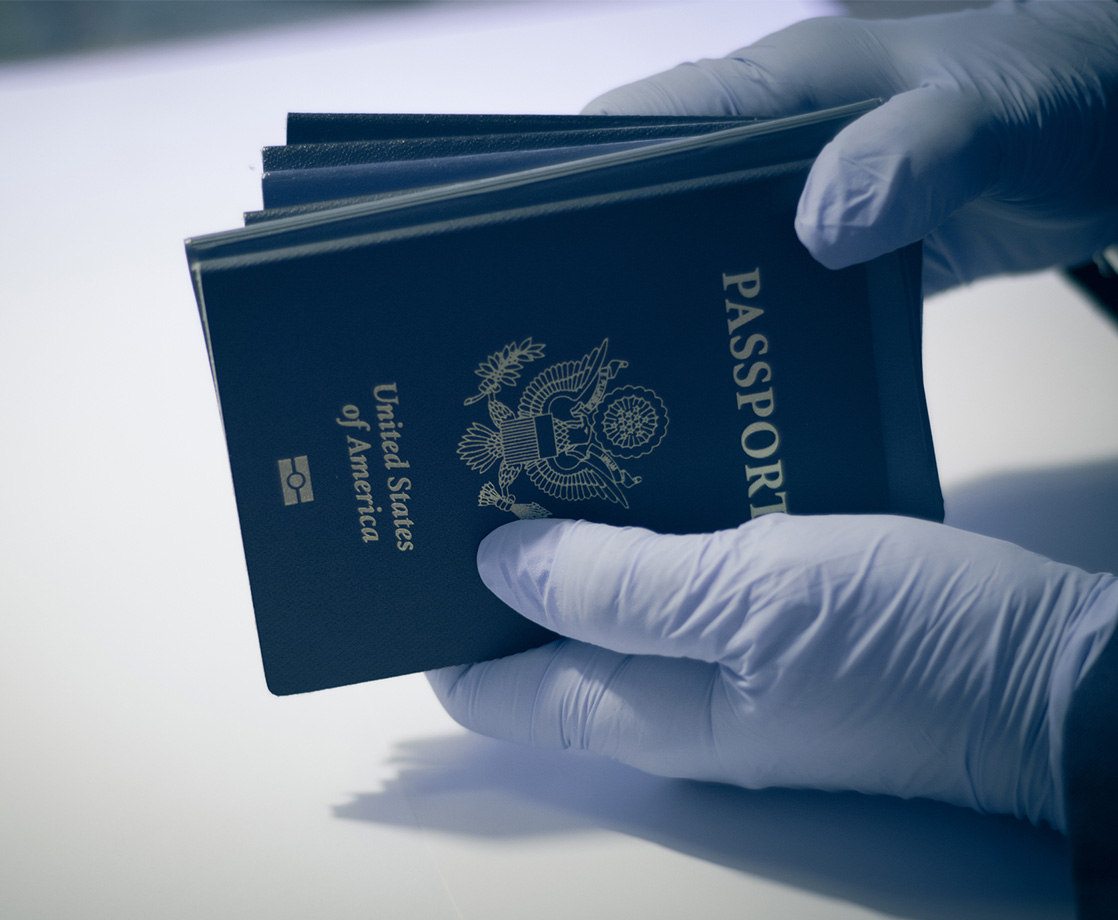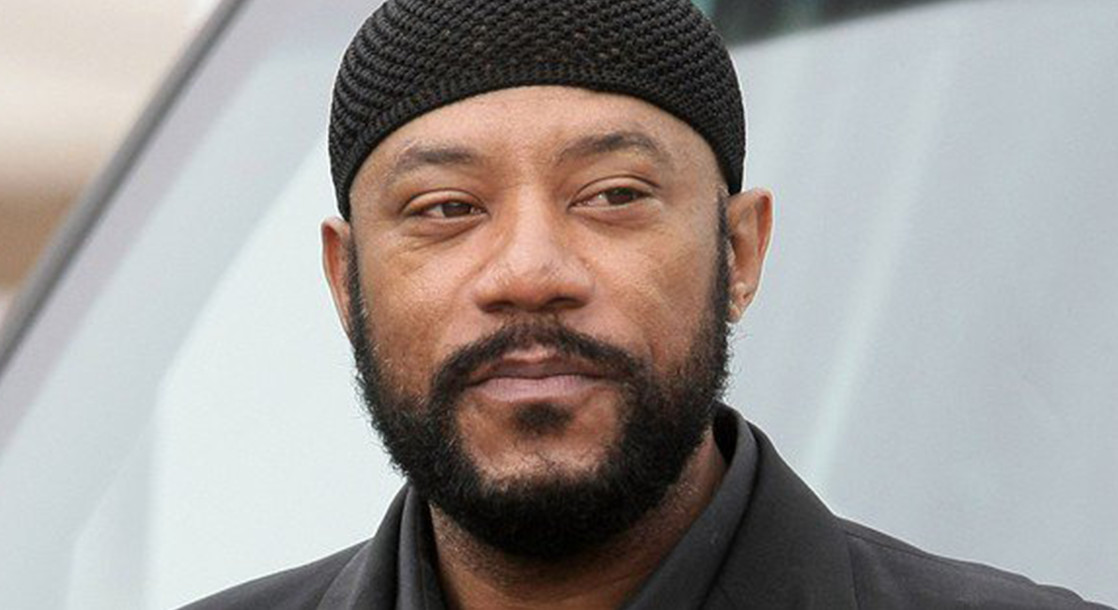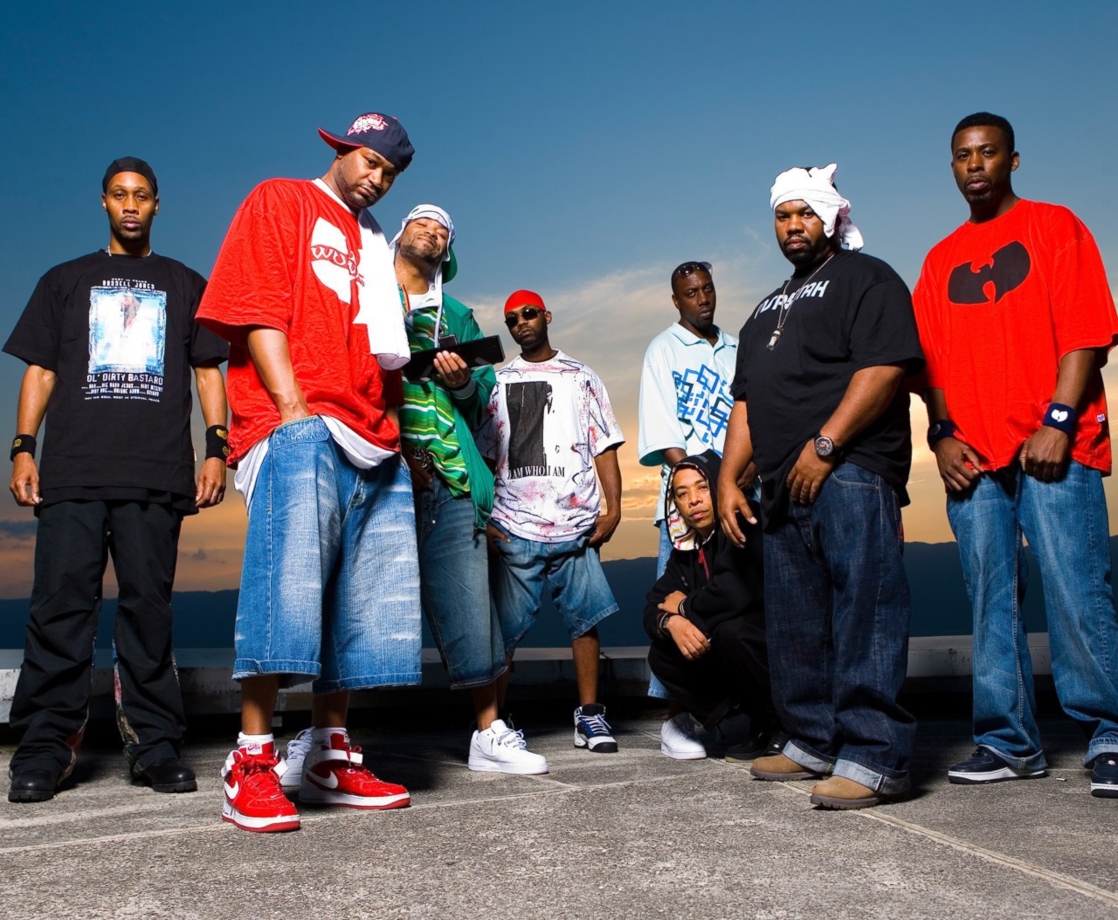If you’re traveling out of Florida’s Fort Lauderdale International Airport with a knot of cash in your carry-on luggage, you might want to hit your hoodie with a little extra Febreeze after that pre-airplane blunt. Because if you smell like weed, there’s a decent chance that local authorities will try to seize your money before departure.
According to a new deep dive report from VICE’s Francisco Alvarado, Broward County sheriff’s department officers stationed at Ft. Lauderdale International have repeatedly targeted departing passengers who purchased short notice tickets to California. In 16 separate cases over the past three years, police say they have smelled the odor of marijuana on passengers carrying large quantities of cash heading to California. In every instance, Broward sheriffs claimed that the cash was going to be used to purchase and transport illegal drugs, leading to them seizing the money. But the cops have made no drug trafficking arrests.
“I had missed my flight the day before and I had to rebook with a different airline,” Curtis Simmons, who had more than $11,000 taken from him by Broward sheriffs in June, told VICE. “As soon as I printed out my boarding pass, they surrounded me.”
Gallery — Photos of Cops Smoking Weed:
But while Ft. Lauderdale’s airport cops may feel certain that anyone carrying cash to California must be shopping for pounds of bud to ship back to the Sunshine State, a number of civil liberties lawyers contacted by VICE said that it could be a breach of unreasonable search law.
“This seems to be a bizarre Fourth Amendment violation,” Jeffrey Fagan, a law professor and criminal justice expert at Columbia University said. “What’s the probable cause? An airplane ticket to California? Professionally, it smells.”
Over the past few years, police at LAX airport in Los Angeles have reported an increase in cannabis smugglers packing carry on luggage full of vacuum sealed pounds. Unfortunately, because airports are such security-conscious facilities, travelers often volunteer to searches, even when they are not required.
Police critics across the country have recently rallied against civil forfeiture laws in which police take private property from suspects without convicting or even charging them with any crime. In states like Florida, though, police are legally allowed to take anything that they feel may be connected to illegal activity. After a wait period, the police are then legally allowed to use that money to fund their own departments.
Out of the 16 asset forfeiture cases fitting the California traveler profile filed by Broward County sheriffs since 2016, only three were contested by the suspected drug traffickers. In all three cases, the sheriff’s department settled instead of investigating any crime, returning at least a portion of the seized cash.
Follow Zach Harris on Twitter











